
News writer; Opinion columnist
They say everything is bigger in Texas, and that's certainly true about the state's ongoing lottery scandals. While state lawmakers and investigators continue to investigate the potential crimes committed during the April 23, 2023, Lotto Texas drawing, insiders allege that a second scandal lurks just under the surface.
According to conversations with knowledgeable sources, a Lottery.com executive has over 100 lottery wins, including two that were almost statistically impossible and appear on state records.
While that may sound outrageous, it's enough to suggest that former Lottery.com CFO Ryan Dickinson is either the luckiest lottery player in history or that it's possible he was involved in lottery controversies that predate his involvement with the Lotto Texas scandal.
Who is Ryan Dickinson
Ryan Dickinson is one of the founders and the former CFO of Lottery.com. This company acted as a courier service for lottery tickets in several US states until it shut down its operations in 2022.
The Lottery.com board fired Dickinson with cause after an internal investigation led by the law firm Kostelanetz & Fink revealed that he had sold hundreds of thousands of Texas lottery tickets across state lines between 2019 and 2022. According to an internal investigation, when the company couldn't find couriers to buy tickets in another state, such as Pennsylvania, Dickinson would sell them a ticket printed in Texas.
It is illegal to sell lottery tickets across state lines, and this revelation led to Lottery.com shutting down most of its operations, laying off all employees, and firing Dickinson in 2022. However, he faced no criminal charges despite this information and evidence being publicly available.
Despite his termination, a source told Lottery USA that Dickinson and Lottery.com were also central figures in the Lotto Texas scandal, in which a group of anonymous investors spent over $25 million to purchase every number combination for the April 23, 2023, Lotto Texas drawing, guaranteeing they would win the $95 million jackpot. In a video viewed by Lottery USA, Dickinson is apparently seen participating in the printing of multiple tickets for the April 23, 2023, drawing.
Lottery USA has covered that story extensively here.
Finally, there's one more interesting fact about Ryan Dickinson: he may be the luckiest lottery player in the game's history. According to documents released by Houston attorney Manfred Sternberg, state records show that Dickinson personally redeemed 147 winning lottery tickets in Texas between 2019 and 2021.
Beyond the incredible luck required to win the lottery over one hundred times, there are three lottery drawings Dickinson allegedly participated in that stand out as particularly unusual.
Powerball payout
Texas State Lottery records show that Dickinson cashed in two Powerball tickets, one from the December 30, 2020, drawing and another from the January 3, 2021, drawing, each worth $50,000. Both tickets were purchased in Waco at ALTX Management, Lottery.com's retail partner, reportedly owned and operated by Amar Ali, the in-house counsel for Lottery.com.
Winning $50,000 from Powerball requires matching four out of five white balls and the Powerball number. The odds of winning $50,000 are 1 in 913,129. However, the odds of winning $50,000 in back-to-back drawings are astronomically higher, 1 in 833 billion.
To put that number into context, the odds of winning a Powerball jackpot are 1 in 292 billion.
That means a player is 2.4 times more likely to win a billion-dollar jackpot once than they are to win $50,000 from two consecutive drawings.
Despite the incredible odds of winning, the Texas lottery cashed in both tickets without asking any questions or undertaking an investigation.
Million-dollar mystery
As peculiar as the $50K wins were, what happened next was even more bizarre.
Just over a week after Dickinson's second $50K win, Lottery.com announced they sold their first-ever million-dollar winning Powerball ticket. This ticket was purchased at ALTX Management, the same retailer where Dickinson purchased his previous Powerball wins.
However, there was just one small problem: senior Lottery.com executives told everyone they couldn't find the winner.
While it's true that millions of dollars worth of lottery tickets go unclaimed every year, this time, the story didn't make much sense. Most players purchase tickets at physical stores such as gas stations and convenience stores, and if they buy the ticket with cash, there's not much that can be done to track down a lost winner.
But Lottery.com sold its tickets through an app. That meant they needed credit card information to pay for the ticket, personal information to verify the player's age, and even a home address so that they would know where to deliver the winning tickets.
Given that they possessed all this information, and considering that a player who won one million dollars would be highly motivated to collect their prize, how was it possible that Lottery.com couldn't find their big winner?
Incidentally, this happened just as Lottery.com prepared to go public on NASDAQ. The company leveraged the million-dollar ticket for positive publicity while investors evaluated its value and stock price.
The China connection
Powerball players have 180 days, or approximately 6 months, to cash in a million-dollar ticket. For the first five months, Lottery.com claimed they couldn't find the winner, but then, in the days before the ticket expired, they announced that they had located him, but there was just one minor complication.
Texas rules state that anyone who wins a prize of one million dollars or more must appear in the state lottery offices in person to collect their prize. However, Lottery.com officials informed the Texas Lottery Commission that the winner lived in China and couldn't get a visa to come to the United States and cash in their ticket.
This was a bit curious because the Lottery.com app does not work in China, where it's illegal to purchase a ticket for the US lottery, but these issues didn't seem to bother the commission.
Fortunately for the winner, Texas Lottery Chairman Gary Grief agreed to waive the in-person requirement and said the winner only had to sign the ticket to receive their money.
To get the ticket signed, a Lottery.com employee allegedly went to Ryan Dickinson's apartment in Austin, Texas, where he kept it on his desk. Ryan then allegedly instructed the employee to FedEx the million-dollar ticket to room 301 at the Grand Hyatt Hotel in Shanghai, China.
After mailing the ticket to the hotel, the alleged winner signed it and sent it directly to the Texas Lottery headquarters. This is another problematic part of the story because not only is it incredibly risky to mail a piece of paper worth one million dollars, but it's actually illegal to send a bearer bond worth that much money out of the country without declaring it.
If a curious customs officer had opened an envelope addressed to the Texas Lottery and found the ticket, the winner would have faced years in prison and lost one million dollars.
Despite all of this, the alleged winner signed the ticket and returned it, and Texas redeemed it on July 26, 13 days after it expired. Official state records list the winner as an anonymous resident of Shanghai, China.
Gary Grief
If you win a Powerball jackpot, an investigation is immediately launched by the national office of the Multi-State Lottery Association to verify that you purchased the ticket.
However, state offices manage prizes worth one million dollars or less, meaning that Gary Grief, the chairman of the Texas Lottery Commission, oversaw the mysterious Chinese winner's ticket.
As we've previously reported, Grief had an apparently unusually close relationship with Lottery.com.
Grief personally lobbied for the company to move its headquarters from Silicon Valley to Texas, and he allegedly broke numerous commission rules during the Lotto Texas scandal to help the company print millions of tickets for the drawing.
He approved Lottery.com to receive a dozen lottery ticket terminals, even though Lottery.com did not have an active retailer license until days before the drawing, and they were not in compliance with state lottery regulations at the time.
This relationship paid off again when Grief allegedly changed the lottery rules specifically to accommodate a winner who couldn't be identified or even set foot in the country.
Possibilities
So, how did Dickinson win Powerball twice in a row and sell a million-dollar ticket to a winner whose identity is impossible to verify in just three weeks? While we can't say for sure how this happened, there are four possibilities that we'd consider.
Luck - While it's not impossible to win the lottery as often as Dickinson, it's extremely unlikely. As we mentioned previously, the odds of winning back-to-back $50,000 Powerball prizes are so astronomical that it would represent one of the greatest luck in lottery history.
Tax fraud - When people show up hundreds or even thousands of times on lottery win lists, it usually means one thing: tax fraud. We've seen many cases where players who want to avoid paying taxes on their winnings sell their ticket below face value to another person. This person will then cash the ticket and take responsibility for the taxes, which they try to avoid by claiming gambling losses greater than their tax bill.
Manipulation - One source we've spoken with believes that it's possible that Lottery.com officials knew how to manipulate the Powerball and could enter winning numbers after the drawing occurred. This may seem unlikely, but they had a unique level of access to ticket printing technology and a close relationship with Gary Grief, who was president of the organization that ran Powerball for two years.
While Powerball does operate with a high level of security, remember that several MUSL drawings were compromised by Eddie Tipton, who inserted malicious code into the computers responsible for selecting numbers for different games.
Out-of-State Buyer - One interesting fact about the million-dollar ticket is that it was purchased at 8:16 PM, just 44 minutes before the cutoff for buying a Powerball ticket. The audit found that when Dickinson sold Texas lottery tickets out of state, they were usually purchased close to the cutoff time. If someone outside of Texas purchased the ticket, Lottery.com may have tried to cover up the crime by inventing a mysterious player in China who couldn't be found.
Investigation
At present, the "Chinese Powerball win" is not known to be under investigation by any of the relevant authorities; however, as the scandal behind the Lotto Texas drawing continues to unravel in the face of multiple state and federal investigations, it remains possible that the truth will come out.
A federal indictment was recently unsealed against Vadim Komissarov, a former Lottery.com executive, for securities fraud, perjury, and obstruction of justice, among other crimes. Multiple high-ranking Lottery.com executives are listed as either co-conspirators or cooperating witnesses in the charging documents.
If the Department of Justice can implicate more Lottery.com officials in Komissarov's alleged crimes, it's possible that they'll offer any information they possess about other possible illegal activities to gain favor with prosecutors.
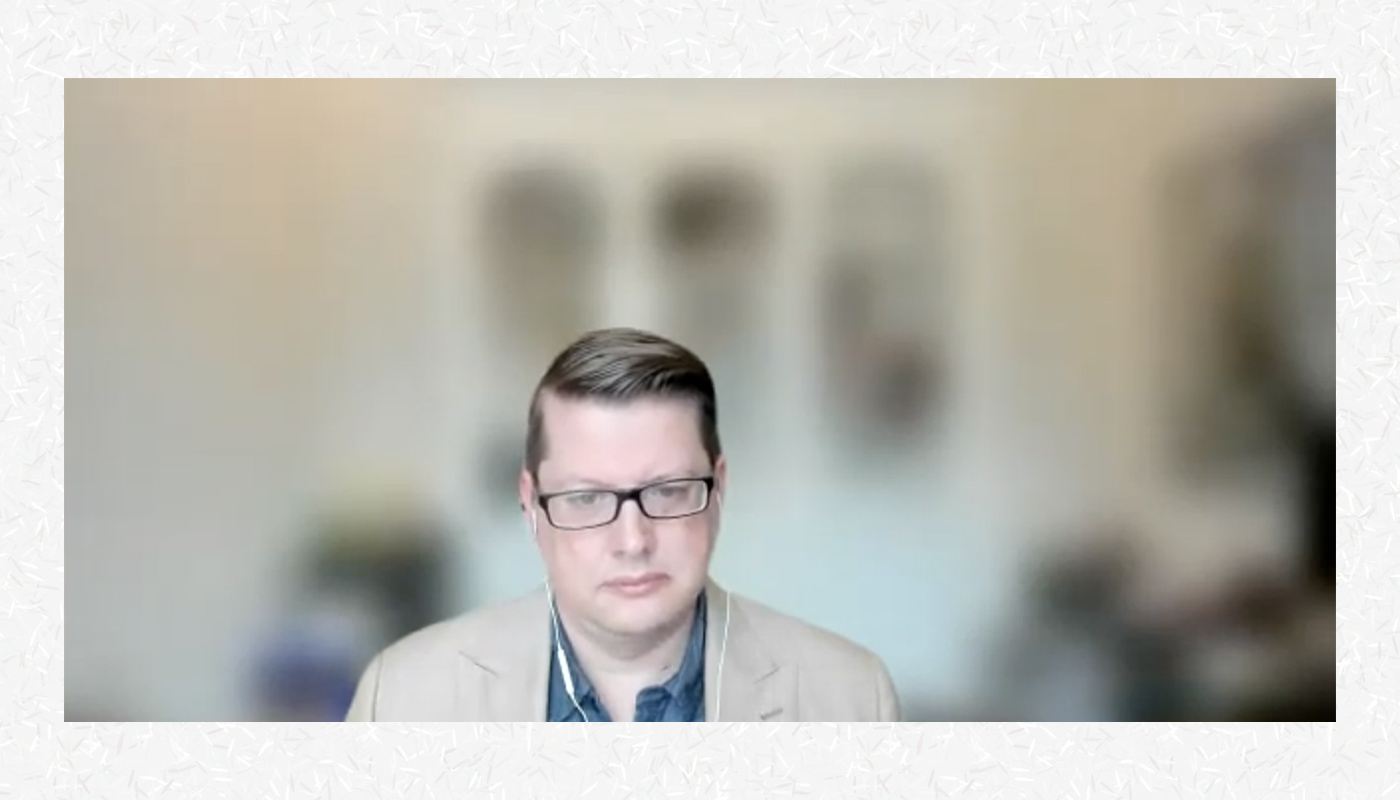
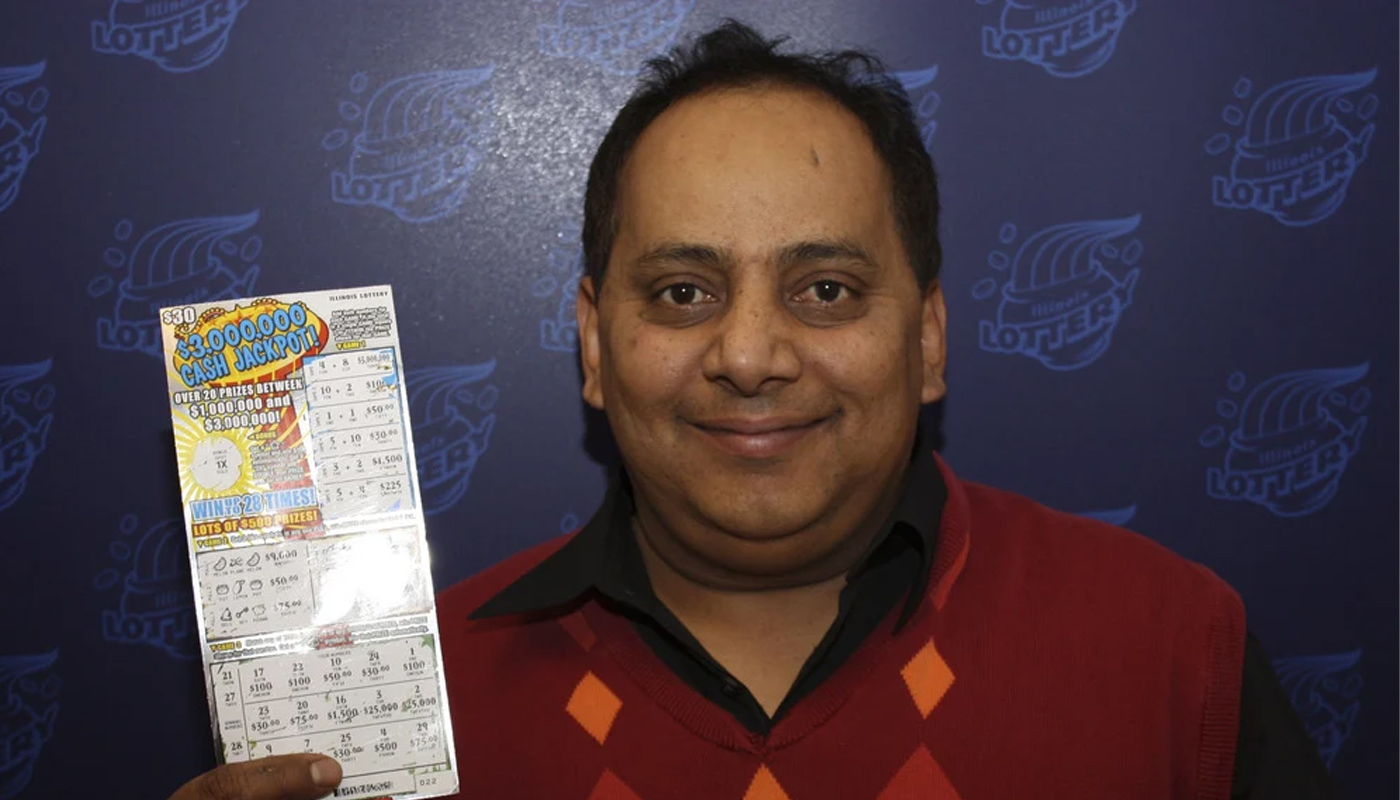


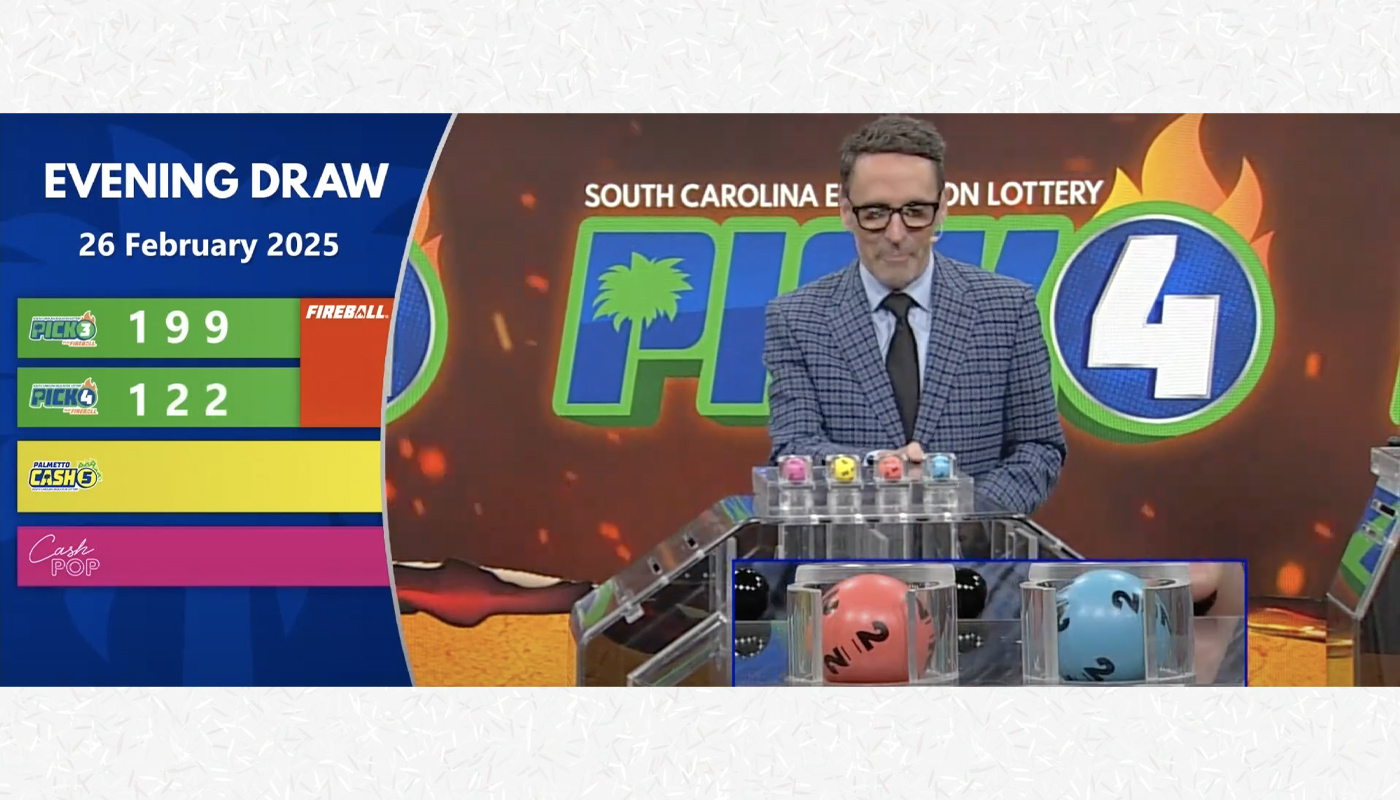

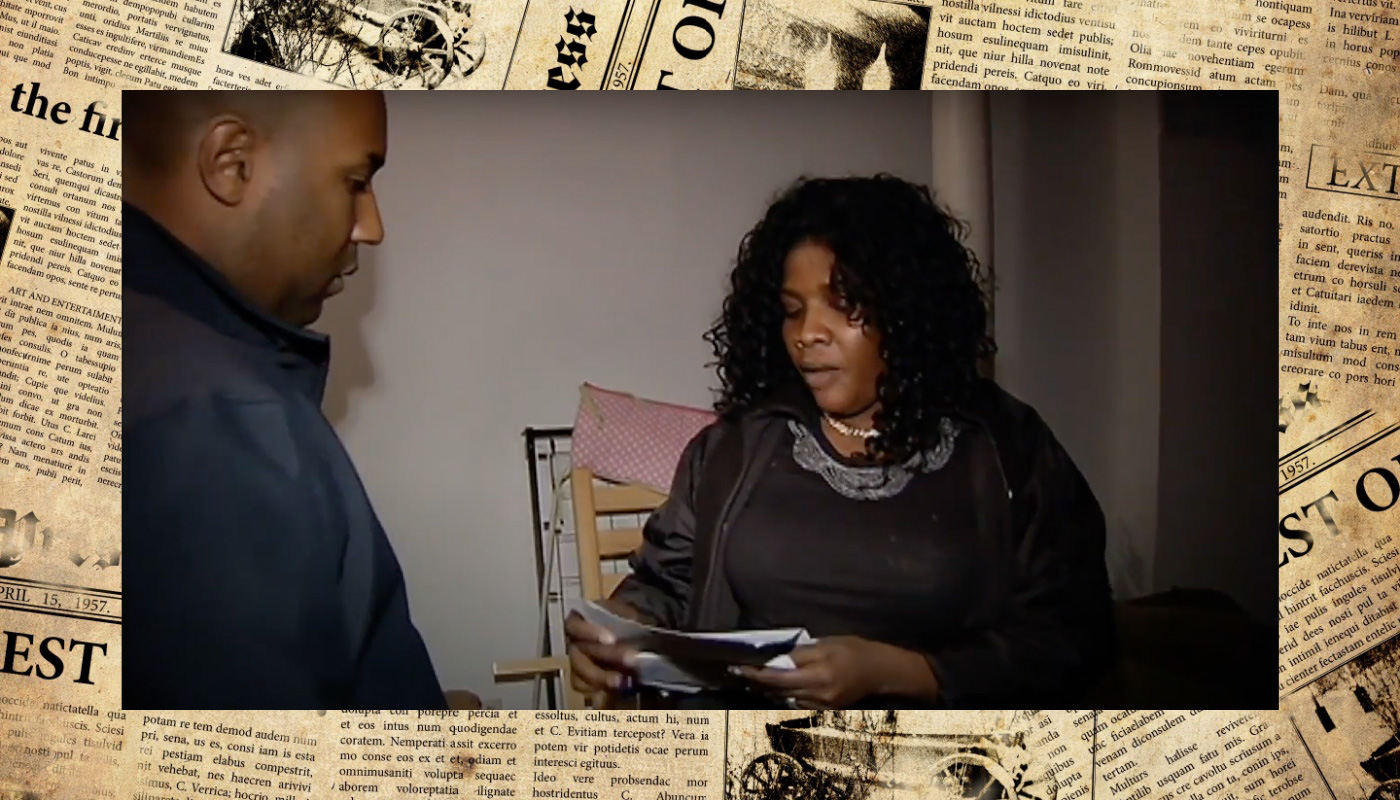
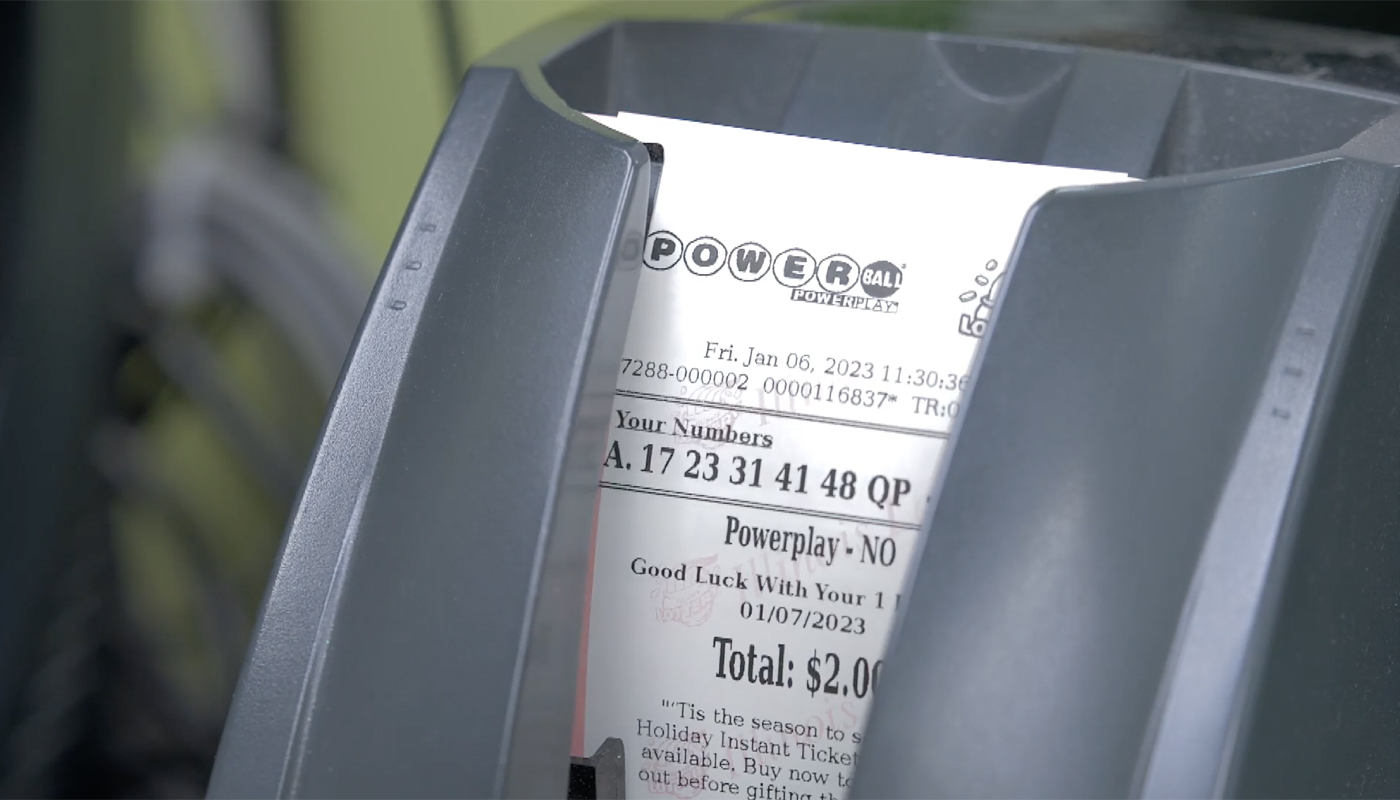









Comments